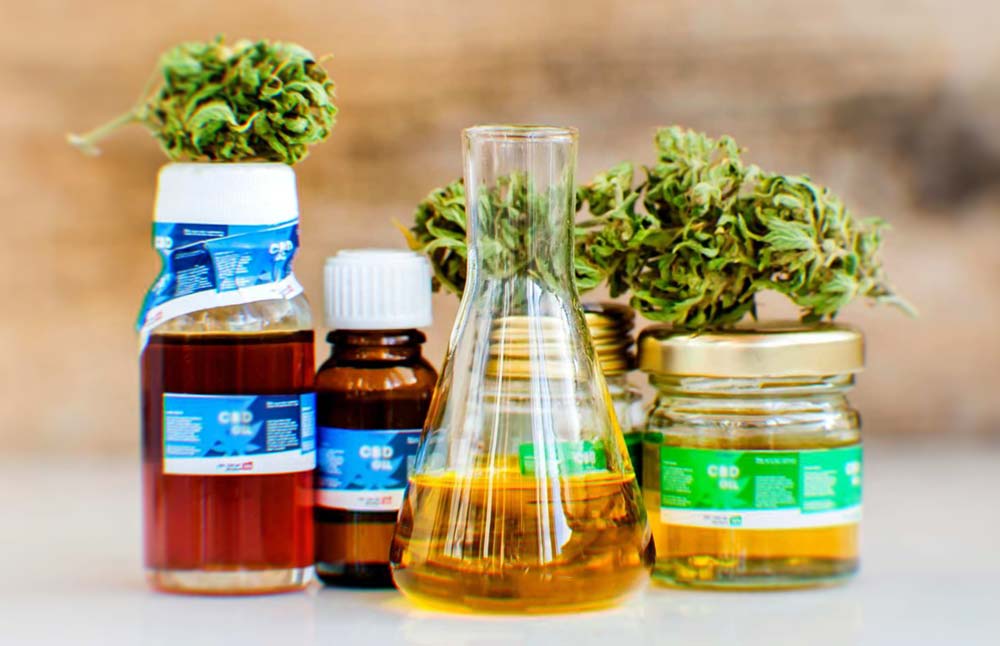CBD (Cannabidiol)
High Quality Third-Party CBD Oil Product Testing is Vital for Cannabidiol Benefits and Effectiveness

Taking a CBD oil product opens new doors for the health of consumers, so it is safe to assume that they are expecting something that can change their quality of life. Unfortunately, too many greedy companies have come in with their own products that often don’t have the purity or concentration of CBD that they boast, which is why they do their own testing in a private lab. However, CBD Marketplace recently published an article to describe the importance of using a third-party tester, which is what they do.
Right now, since CBD is considered a supplement, the United States doesn’t really regulate it or have any particular requirements on the market. There are no minimum conditions to meet, which means that it’s hard to say if these products even have what they say. Considering how abundant CBD products are at wellness stores, health food shops, and even gyms, it’s hard to even know what brands to trust.
There’s one mutual trait that consumers can find in a reliable company – they participate in third-party testing. These brands have nothing to hide, and they often have exactly what the label says they have. However, an independent third party can remain objective. This type of lab exists for the purpose of being an unbiased researcher, adding validity to the company.
When a third-party lab tests the products, they verify first that it has the amount of CBD that it claims, ensuring consumers get a consistent dose as they use it. They also evaluate the remedies for contaminants and other chemicals that shouldn’t be in the formula. Hemp and all other cannabis plants are capable of absorbing an increasingly high amount of nutrients and other chemicals in the soil, which is why the farming of these plants should be so carefully considered. Since the extracted cbd oils come directly from that absorbent plant, there’s a risk of having the CBD oil contaminated as well if the farmland isn’t truly organic, but a lab can determine those levels.
To protect users from succumbing to the health risks, the lab specifically looks for the most common contaminants, which includes:
- Heavy metals
- Mold
- Mildew
- Mycotoxins
- Fungus
- Yeast
- E. coli
- Salmonella
- Toxic solvents
There are other chemicals that they look for as well but are much lesser known to the general public. Considering that this post was found on the CBD Marketplace website, it is only natural that they highlight something important about their company – they zero in on products that have been validated and cleared by independent, third-party labs. This way, their customers know that their website is a safe place to purchase their CBD products.
-

 Benefits7 years ago
Benefits7 years agoHemp Oil Health Benefits Vs Side Effects: Proper Use And Optimal Dosage Guide
-

 Marijuana Movement6 years ago
Marijuana Movement6 years agoNew Medical Marijuana Story Showcases Cannabis And Epilepsy’s 176 Year Old Connection
-

 Benefits6 years ago
Benefits6 years agoLiposome Benefits Prove to be a Perfect Pair for CBD (Cannabidiol)
-

 Guides7 years ago
Guides7 years agoCBD Oil vs Hemp Oil: How to Clear the Cloudy Cannabis Oil Confusion
-

 Guides6 years ago
Guides6 years agoWhat is Hemp: How is it Different from Marijuana Physically, Chemically, Legally, and Historically
-

 CBD (Cannabidiol)7 years ago
CBD (Cannabidiol)7 years agoCBD Oil For Knee Pain: Symptoms, Causes, Diagnosis, Treatment And Prevention Guide
-

 CBD (Cannabidiol)6 years ago
CBD (Cannabidiol)6 years ago5 Things You Should Know About Medical Marijuana For Pets (Dogs And Cats)
-

 CBD (Cannabidiol)7 years ago
CBD (Cannabidiol)7 years agoCBD Oil Legality in Connecticut: Cannabidiol State Law Regulations in CT, USA













